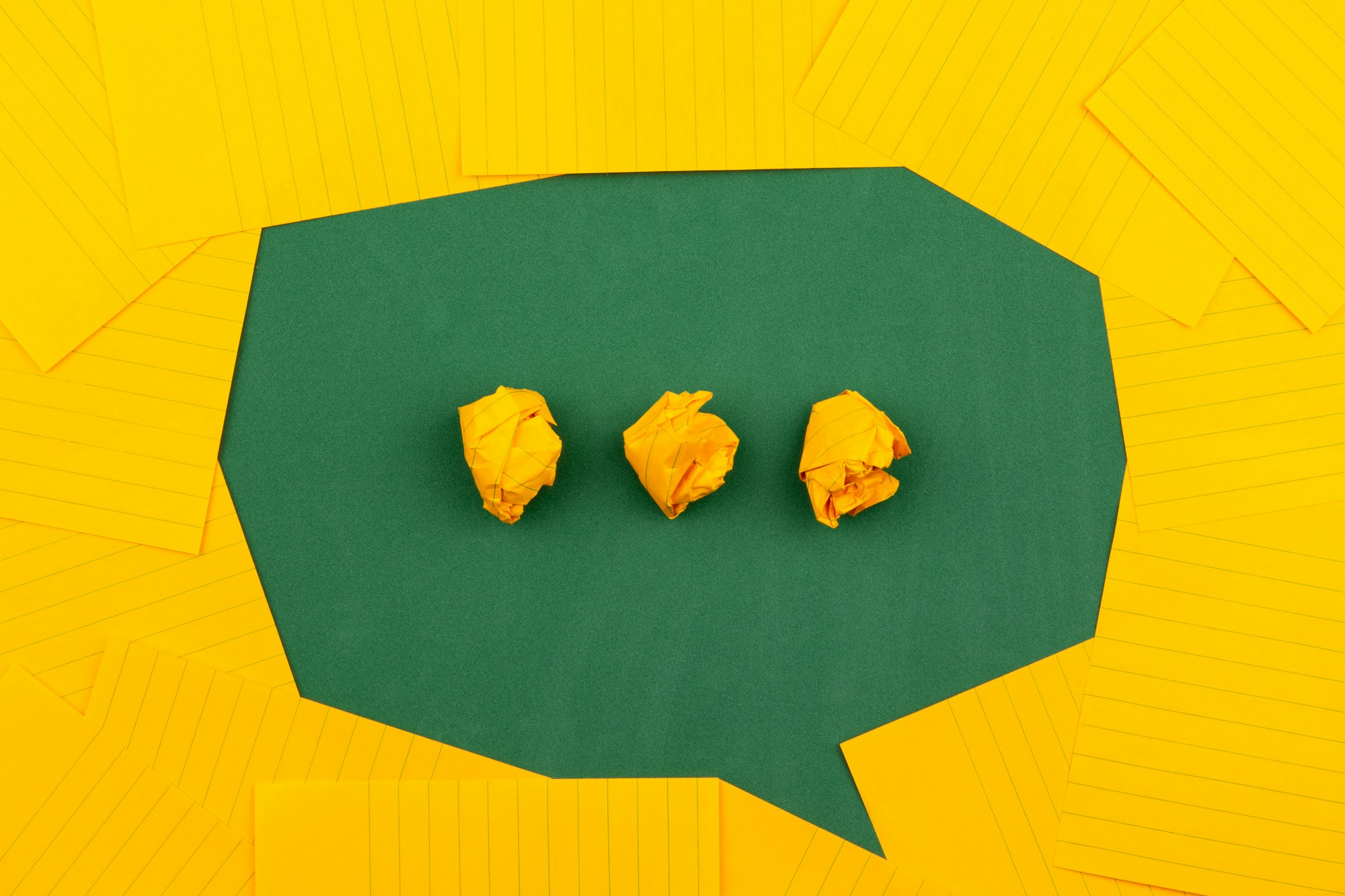🔏 💬 Unlock the potential of ChatGPT ⋆ 🛩 From plane crash to jungle survival ⋆ 🧐 The paradox of difficulty
With ChatGPT, you can generate human-like text, optimize conversations, and even write poems and songs - go from beginner to elite user in just a few clicks. Dive into the incredible story of Juliane Koepcke's survival from a plane crash and 11 days in the rainforest. And more...

I spend at least an hour or two every day conversing with or using various cutting-edge AI tools.
You should speak to people more, Z.
If I did, I wouldn't be able to tell you about this and level up your AI game, would I?
Thing 1 - Unlocking the potential of ChatGPT: From n00b to elite
Most people I know who've tried using ChatGPT are stuck in beginner mode.
And despite the freakish growth and capabilities, you might not have tried it. 😱

Let's get you from 0 to 1
- If you haven't already head over to ChatGPT and set yourself up an account.
- Play a bit with whatever you can think of.
- Be mindblown.
Congrats, now you're at the level of 95% (yay for fake stats) of people out there.
How does it even work?
You don't need to know how a car works to drive it, but it sure helps to understand RPMs, clutch, breaks, and gears - if you wanted to get more performance out of it.
ChatGPT isn't magic - even if it feels like it sometimes.

TL;DR version
- Reads the text and tries to guess the next word.
- Then reads the text with the new word included and tries to guess the next word.
- Repeat.
How does it work so well then? It read a lot of text many times.
From n00b to elite
Some obvious non-obvious ways to use it include...
- ChatGPT is optimized for conversations, so ask follow-up questions.
Give it some text. Ask it to summarize it. Ask questions about it. - Ask it to reply using a certain style
- Ask it to write a poem/song
- Ask it to write a conversation between people - this is a great way to get answers to some questions it likes to avoid
- Start new conversations for different topics
prompts.chat is designed to provide an enhanced UX when working with prompts. With just a few clicks, you can easily edit and copy the prompts on the site to fit your specific needs and preferences. The copy button will copy the prompt exactly as you have edited it.
Thing 2 - From plane crash to jungle survival
It was supposed to be a smooth, short flight.

Thunderstorm. Pitch-black. Lightning bolt.
Cries and motor noises. Wind...
Juliane found herself outside of her plane, still strapped to her seat, 10 000 feet (3 km) above the ground, plummeting towards Earth.
"I was outside, in the open air. I hadn't left the plane; the plane had left me." - Juliane Koepcke
Just imaging you're 17 and just fell from the sky into a jungle...
Juliane survived the fall from the plane without a parachute.
But like that wasn't enough, she spent 11 days in the rainforest. Dressed in a torn sleeveless mini-dress and one sandal, with a broken collarbone, calf gash, and a concussion.
Here's the story in her own words.
Thing 3 - The paradox of difficulty
It is not because things are difficult that we do not dare, it is because we do not dare that they are difficult.
- Lucius Seneca

You're riding a bike. You're pedaling as hard as you can to go as fast as you can. But you're also holding the brake with all your might.
Doesn't make sense, does it? Yet you do this with so many other things in life.
It was impossible to work from home for all but a few lucky ones. Until the whole world started working from home almost overnight (unless it was impossible for real).
What else do you make difficult for yourself by being afraid?
Cheers, Zvonimir